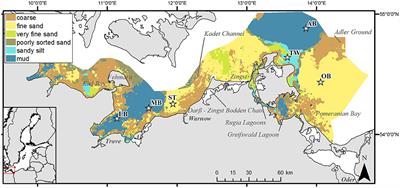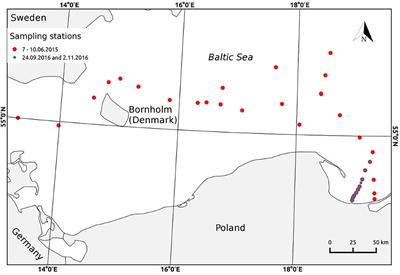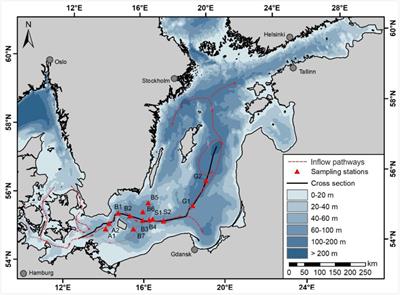EDITORIAL
Published on 10 Jan 2020
Editorial: Living Along Gradients: Past, Present, Future
doi 10.3389/fmars.2019.00801
- 1,382 views
- 1 citation
26k
Total downloads
199k
Total views and downloads
Select the journal/section where you want your idea to be submitted:
EDITORIAL
Published on 10 Jan 2020
REVIEW
Published on 04 Mar 2019

ORIGINAL RESEARCH
Published on 28 Feb 2019

ORIGINAL RESEARCH
Published on 18 Feb 2019

ORIGINAL RESEARCH
Published on 09 Jan 2019

ORIGINAL RESEARCH
Published on 19 Dec 2018

ORIGINAL RESEARCH
Published on 07 Dec 2018

ORIGINAL RESEARCH
Published on 04 Dec 2018

ORIGINAL RESEARCH
Published on 28 Nov 2018

ORIGINAL RESEARCH
Published on 15 Nov 2018

ORIGINAL RESEARCH
Published on 08 Nov 2018

ORIGINAL RESEARCH
Published on 26 Oct 2018


Frontiers in Earth Science
Frontiers in Microbiology